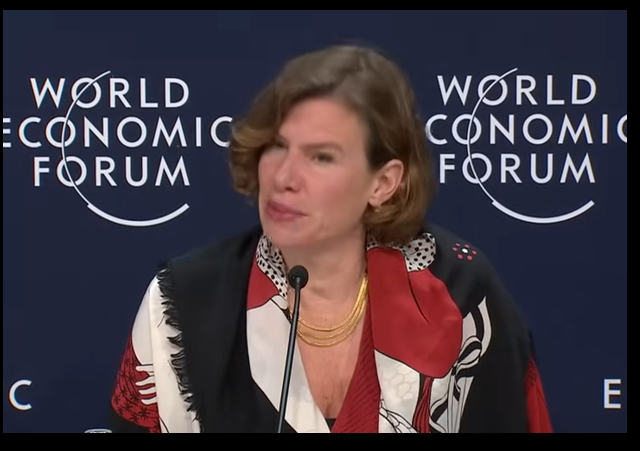NYT Pushes “Groundwater Crisis” to Attack America’s Poultry and Dairy Industries

Throughout 2023, one topic I have kept returning to is the use of environmental rules to undermine the nation’s meat and dairy industries in the name of climate change.
I recently noted that the Environmental Protection Agency was poised to foist methane regulations on this country. While theoretically targeting the petroleum industry, those rules could be used to control cattle ranches and dairy farms, given that these are also important sources of methane generation.
However, an increasingly skeptical public is challenging these assertions, as the predictions of fossil-fuel-caused climate apocalypse haven’t come true. Now it appears eco-activists and their media minions are looking for a new manufactured crisis to use as an excuse to mandate societal-level controls on important matters like diet.
Watch for 2024 to be the Year of Water Crisis. As we head into the New Year, The New York Times has decided to push a story about a “groundwater crisis” created by the American love of poultry and dairy products.
America’s striking dietary shift in recent decades, toward far more chicken and cheese, has not only contributed to concerns about American health but has taken a major, undocumented toll on underground water supplies.The effects are being felt in key agricultural regions nationwide as farmers have drained groundwater to grow animal feed.In Arkansas for example, where cotton was once king, the land is now ruled by fields of soybeans to feed the chickens, a billion or so of them, that have come to dominate the region’s economy. And Idaho, long famous for potatoes, is now America’s largest producer of alfalfa to feed the cows that supply the state’s huge cheese factories.Today alfalfa, a particularly water-intensive crop used largely for animal feed, covers 6 million acres of irrigated land, much of it in the driest parts of the American West.These transformations are tied to the changing American diet.
This is a subject that will likely require even more attention in 2024. In early 2023, the World Economic Forum decided that the world wasn’t panicked enough about COVID-19 or carbon dioxide but began turning its attention to a “water crisis.”
Today, the planet is facing an unprecedented water crisis, with global freshwater demand predicted to exceed supply by 40 percent by 2030, President of the 77th United Nations General Assembly Csaba Kőrösi said at a press conference on the upcoming UN Water Conference, as Down to Earth reported.“The scientific evidence is that we have a water crisis. We are misusing water, polluting water, and changing the whole global hydrological cycle, through what we are doing to the climate. It’s a triple crisis,” Director of the Potsdam Institute for Climate Impact Research Johan Rockstrom, who is co-chair of the Global Commission on the Economics of Water (GCEW), told The Guardian.
Based on “experts” that pushed approved Science™ narratives earlier this year, a panel at one of the WEF elite conferences focused on initiating an official “water crisis” response. Professor Mariana Mazzucato (Founding Director of the UCL Institute for Innovation and Public Purpose) launched a lecture on water being a “common good” and how there needs to be a correction for something the “private sector’s not doing,”…such as taking care of water resources due to “climate crisis” threat.
She stresses “objectives,” especially during “urgent periods” (e.g., like a pandemic). Then she plows into turning water into an “urgent” and an “intersectoral” problem.
To help understand this mindset, it is helpful to know that Mazzucato believes the state is the “driver of innovation.”
Capitalism as we know it isn’t really working, according to economist and author Mariana Mazzucato. Take the current concrete crisis across UK schools. For Mazzucato, that’s a case of too little being spent on the school buildings themselves. But there’s another problem: lax regulation. If we continue to weaken the rules in the name of a stronger economy, she says, we risk tragedy.“You need to invest. You also need to regulate,” Mazzucato warns. “You can’t just say build more houses if then those houses are with really bad cladding.”
It’s worth watching this panel to understand the thinking that percolates down like a toxin into the groundwaters of political policy. But, in a nutshell, people like Mazzucato think that the men and women overseeing farms and ranches can’t be trusted to manage resources properly…despite the fact they would be out of business if they failed to protect their local and regional environments.
The good news is that in 2023, many Americans will receive the diet the WEF and the United Nations commissions would serve to regular people while they enjoy their locally sourced gourmet treats.
I think the elites will find it far more challenging to create a global panic on any issue nowadays, especially water. But trust the NYT to be among the first to start trying!
CLICK HERE FOR FULL VERSION OF THIS STORY